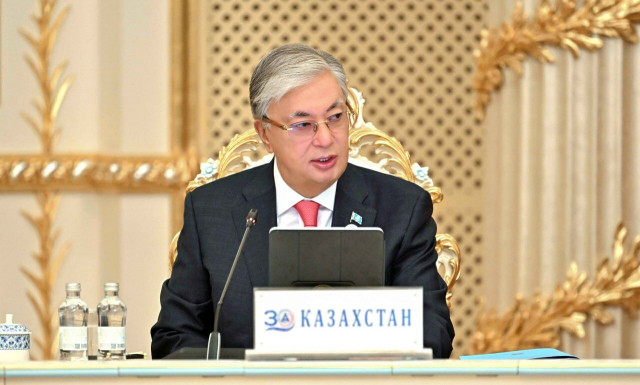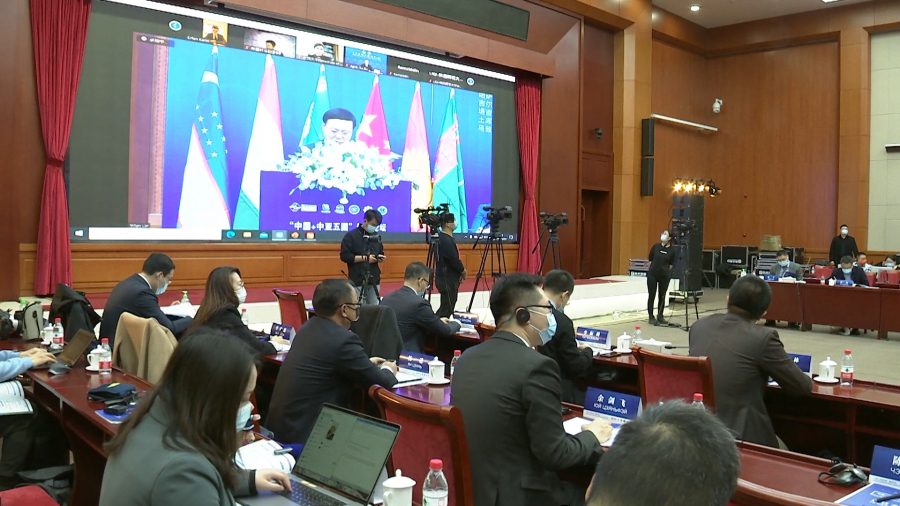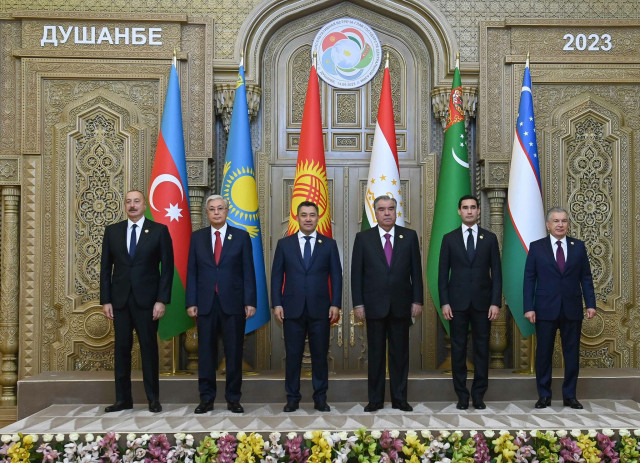
At the meeting of the Council of
Heads of State-Founders of the International Fund for Saving the Aral Sea
(IFAS) held today in Dushanbe, Kazakh President Kassym-Jomart Tokayev spoke
about the threats to the Central Asia’s security driven by global climate
change, low water levels, and irrigation shortages. According to experts, rising
temperature in the region surpasses the global average, leading to a reduction of
almost one-third of glaciers in half a century, with further shrinking. By
2050, the region could see five million climate migrants due to drought. Thus,
climate challenges require immediate solutions by joining efforts.
“I believe that when forming
water policy, our states should take into account that water is a limited
natural resource, which directly impacts the well-being and sustainable
development of the entire region. There is an urgent need to maximize water
efficiency through the introduction of digital technologies, a major direction
in our cooperation on water resources,” the President said.
From January 1, the chairmanship
of the IFAS will be transferred to Kazakhstan for three years. President
Tokayev shared his vision for the organization’s future, including measures to enhance
efficiency and interaction with international partners.
“The powers and responsibilities
of the IFAS Board and the Executive Committee should be expanded. It is also
proposed to transform the Interstate Coordination Water Commission into the
Water and Energy Commission. These steps would increase the fund efficiency. It
is necessary to work out equal distribution of the IFAS working bodies among
the member states and staffing from among representatives of all Central Asian
countries,” he added.
Cooperation between Central Asian
countries in water issues has already proven its effectiveness. Over the 30
years of its existence, the IFAS has become the most important institution for collaboration
on joint use of transboundary resources and solution of environmental issues in
the Aral Sea basin. The meeting in Dushanbe resulted in the signing of four
documents, including one on improving the IFAS legal framework.








